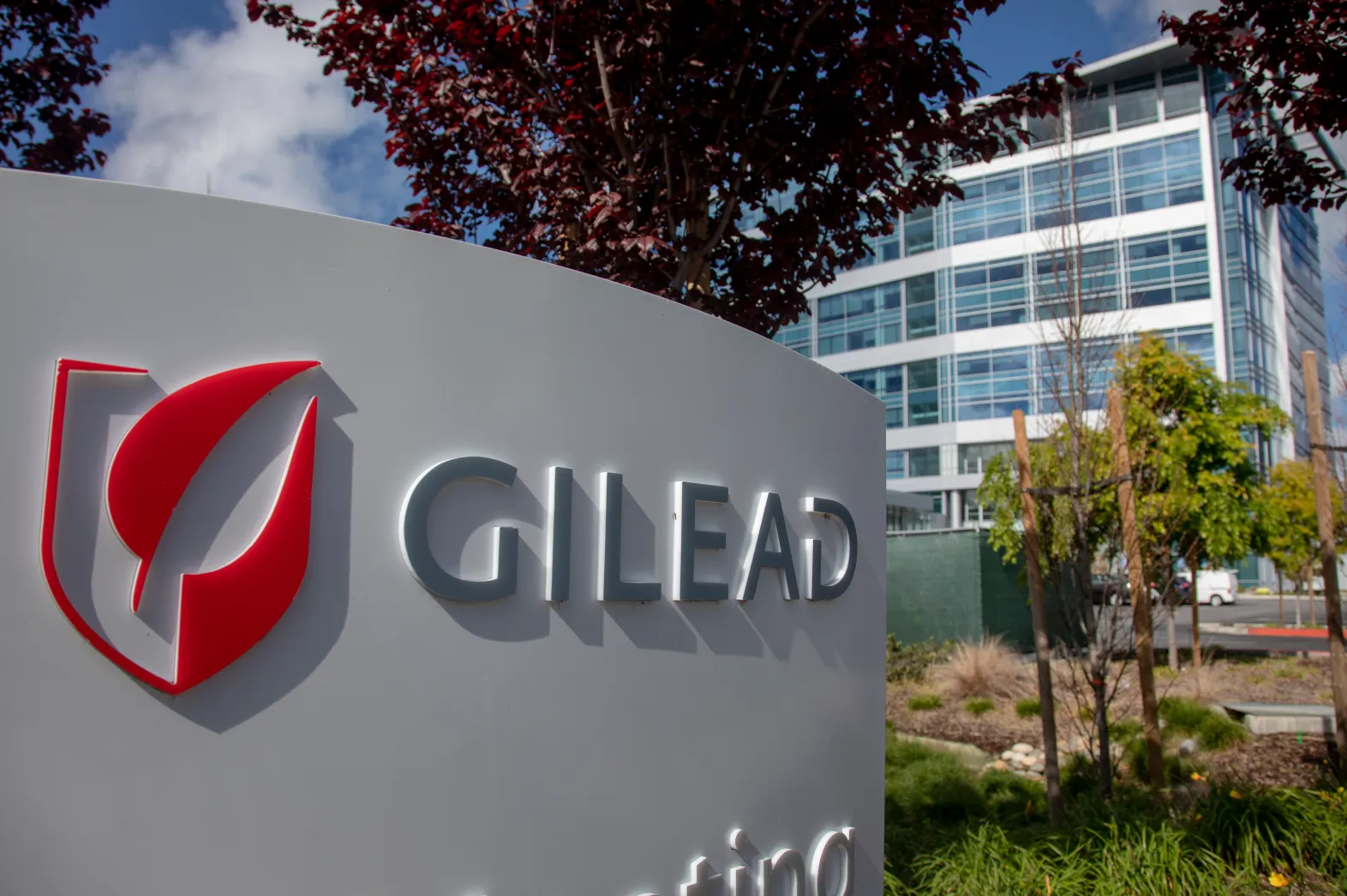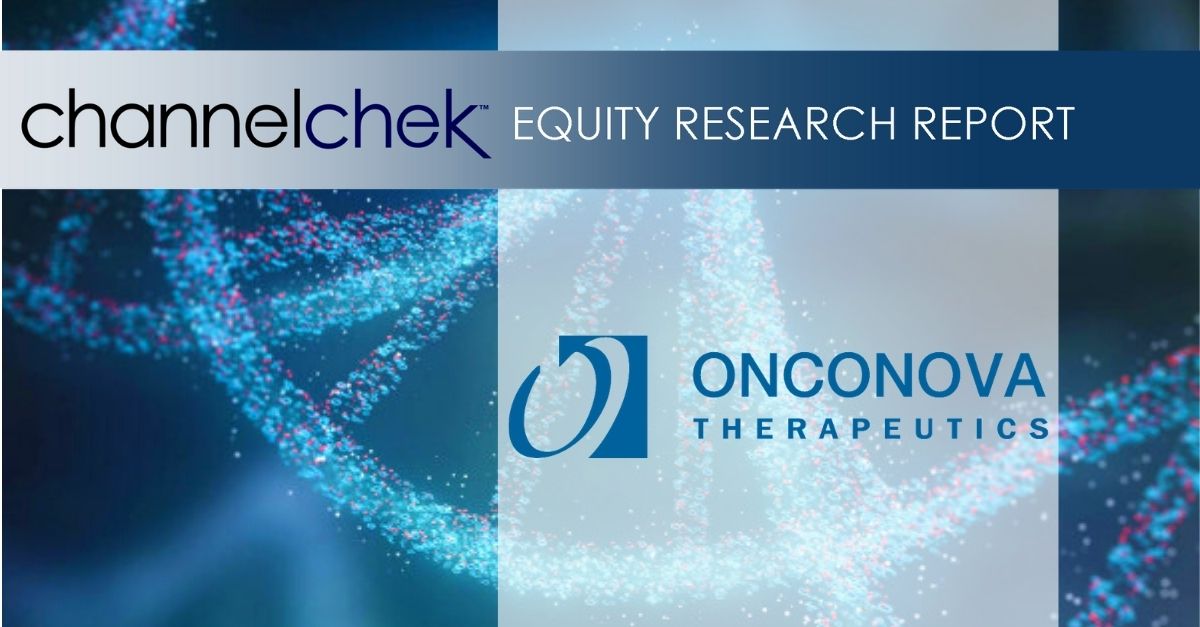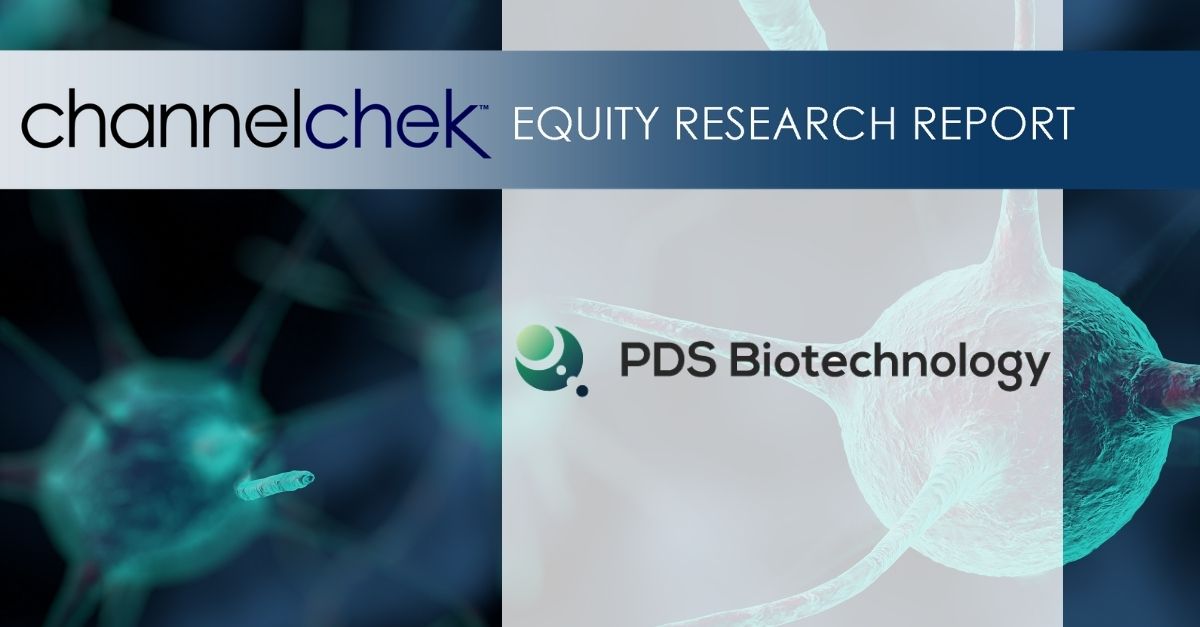Gilead Sciences and biotech partner Arcus Biosciences announced Tuesday an amended collaboration to accelerate development of their cancer immunotherapy programs, along with a $320 million equity investment by Gilead.
The deal builds on the companies’ 2020 partnership and boosts Gilead’s ownership in Arcus to 33% through an additional stake purchase at $21 per share. Gilead also gains a third seat on Arcus’ board, having their Chief Commercial Officer Johanna Mercier join as a director.
Strategic Focus on TIGIT
A key change is prioritizing late-stage studies for the anti-TIGIT antibody domvanalimab, the lead candidate from the collaboration. Arcus CEO Terry Rosen stated the partners want to “leverage their strengths and focus on efficiently advancing novel combinations.”
Domvanalimab is progressing in Phase 3 for non-small cell lung cancer and gastric/GEJ cancer. By accelerating these pivotal studies, expected to fully enroll by year-end, the drug could reach approval sooner if successful.
However, they are discontinuing the ARC-10 Phase 3 lung cancer trial to devote resources to the other domvanalimab studies targeting greater unmet need.
This streamlining highlights the companies’ faith in TIGIT’s potential but the necessity to optimize their most promising assets. TIGIT is an emerging immunotherapy target and domvanalimab a next-gen asset, so focusing late-stage research is prudent.
Quemliclustat Now Solo Arcus Program
Meanwhile, the planned Phase 3 study of Arcus’ CD73 inhibitor quemliclustat in pancreatic cancer will become an Arcus-only program, no longer jointly developed.
Again the theme is concentrating human capital and financial resources where they can make the biggest difference. For smaller Arcus, independence for some programs provides flexibility.
Arcus can also now fully control projects beyond domvanalimab and their PD-1 drug zimberelimab, which Gilead has options to license. This benefits Arcus’ broader pipeline and product vision.
Extends Arcus Cash Runway
Importantly, the $320 million cash infusion lengthens Arcus’ funding horizon until 2027 by their estimates. This enables advancing Phase 3 quemliclustat and AB154 studies plus potential commercial launch activities without financing concerns.
Any biotech developing novel drugs without revenue benefits immensely from having ample cash reserves. This partly protects Arcus from market volatility and general biotech funding challenges.
Gilead Building a Powerhouse
For Gilead, the enhanced Arcus alliance adds another pillar to their ambitions cancer franchise. The pharma giant has been aggressively wheeling and dealing to expand in oncology, now a key growth area.
Recent moves include the $21 billion Immunomedics acquisition and purchases of companies like Tango Therapeutics, Dragonfly Therapeutics, and Epizyme. The Arcus pact leverages access to next-generation immunotherapy science and pipeline.
Gilead is constructing a vertically integrated oncology player combining in-house and external innovation. Scale and synergies across R&D, manufacturing, and commercialization can accelerate targeted therapies to patients.
With collaborators like Arcus doing the early lifting, Gilead can then optimize late-stage studies and apply their regulatory expertise to reach approvals more quickly.
Overall the amended Arcus agreement highlights Gilead’s commitment to cancer and immunology while bolstering their presence in cutting-edge research like TIGIT inhibition. With the investment and restructuring, Gilead strengthens ties to Arcus’ science while keeping the biotech funded and focused. For both, it’s a win-win accelerating cancer drugs to market.

Mark your calendars! Don’t miss Noble Capital Markets’ Emerging Growth Virtual Healthcare Equity Conference on April 17-18. This exclusive virtual event connects investors with 50 leading public biotech, healthcare services, and medical device companies. Presenting company slots are available…Read More










